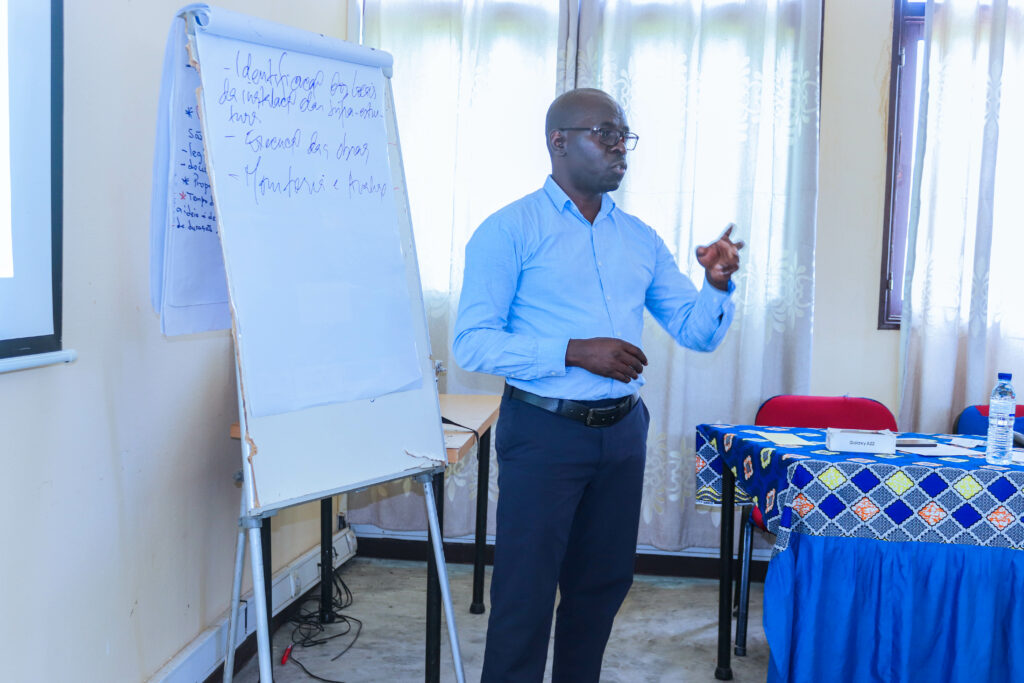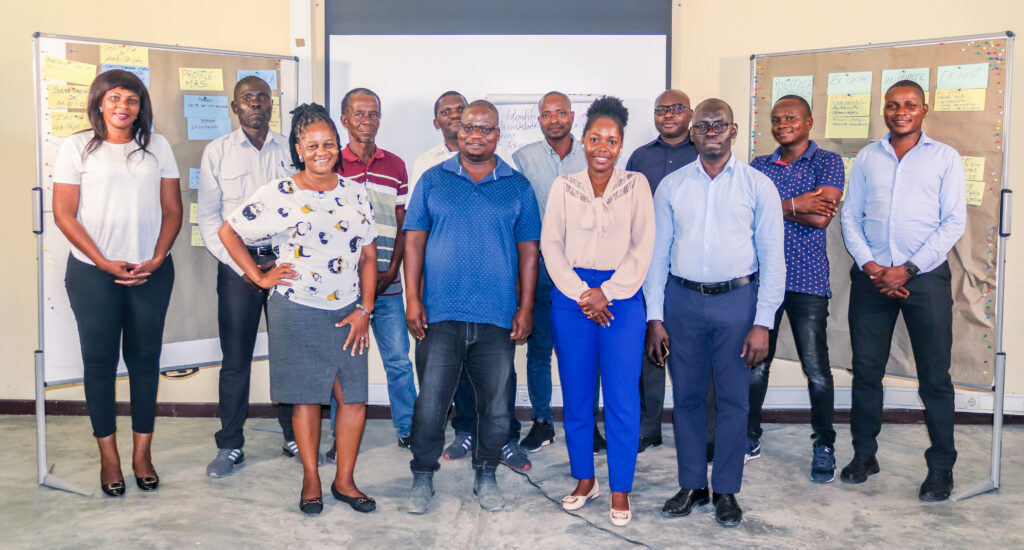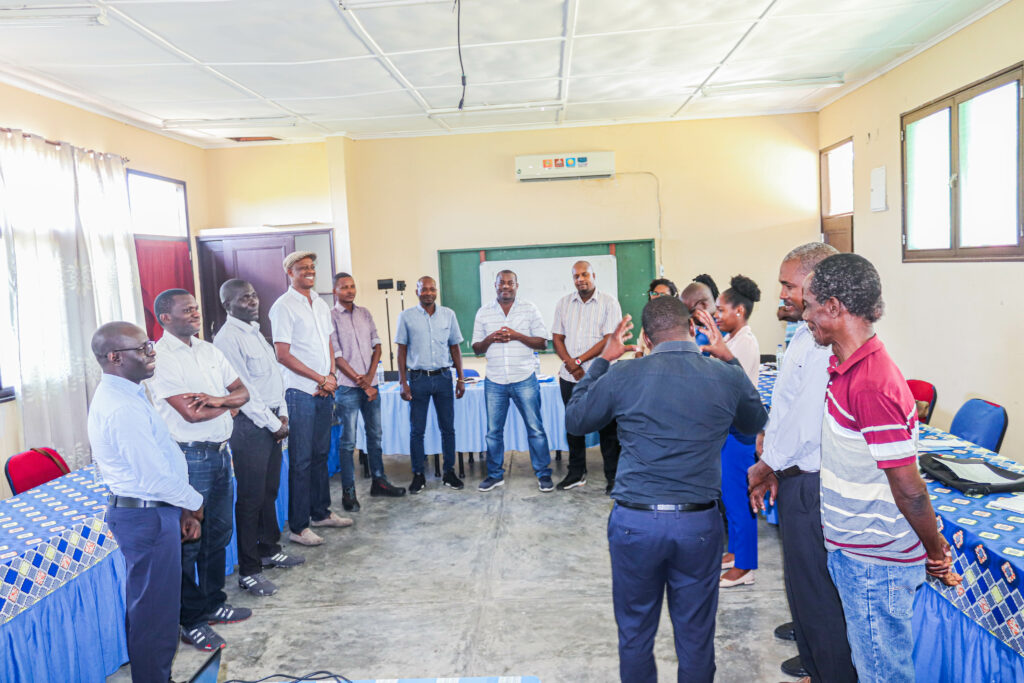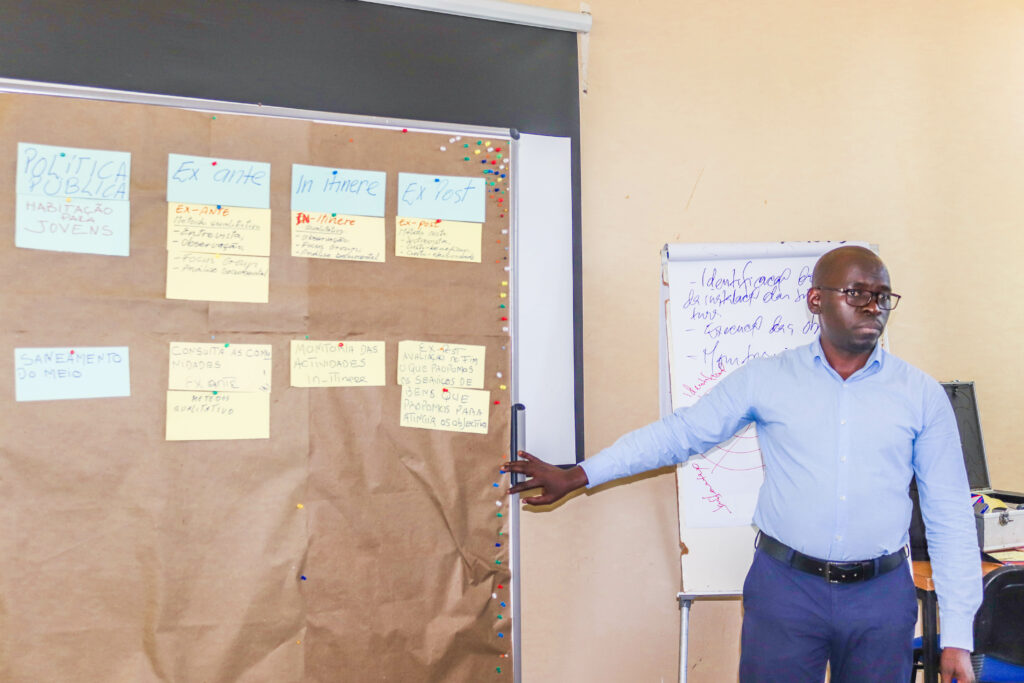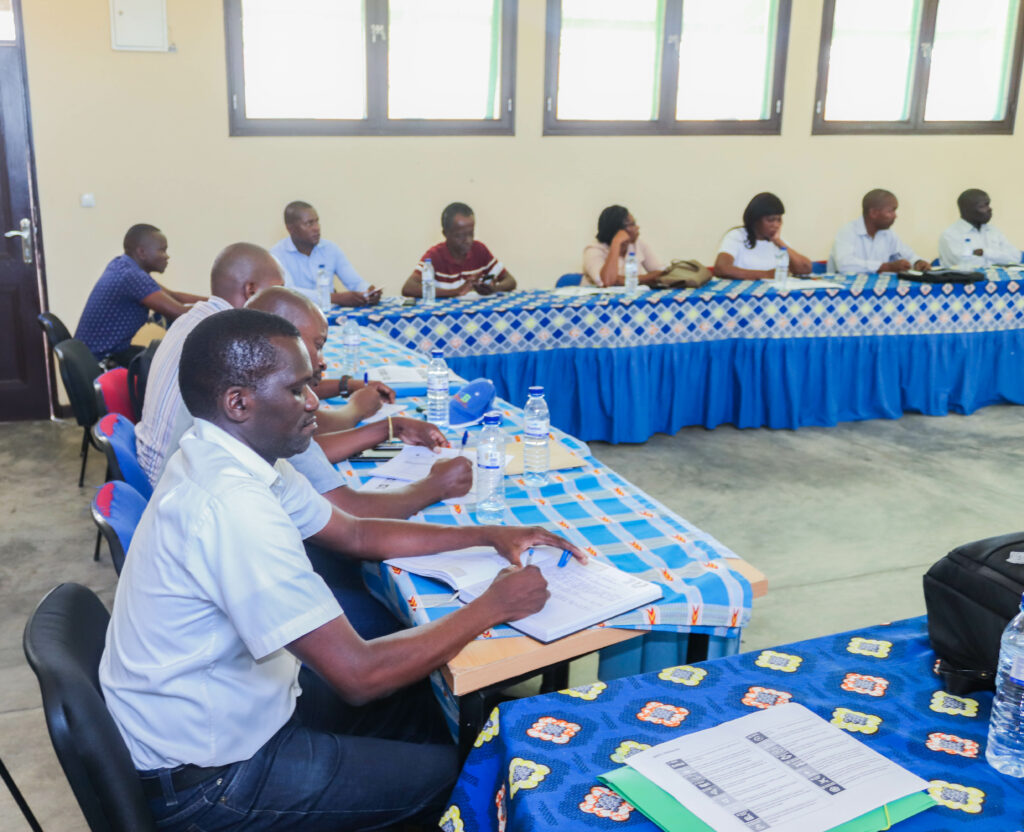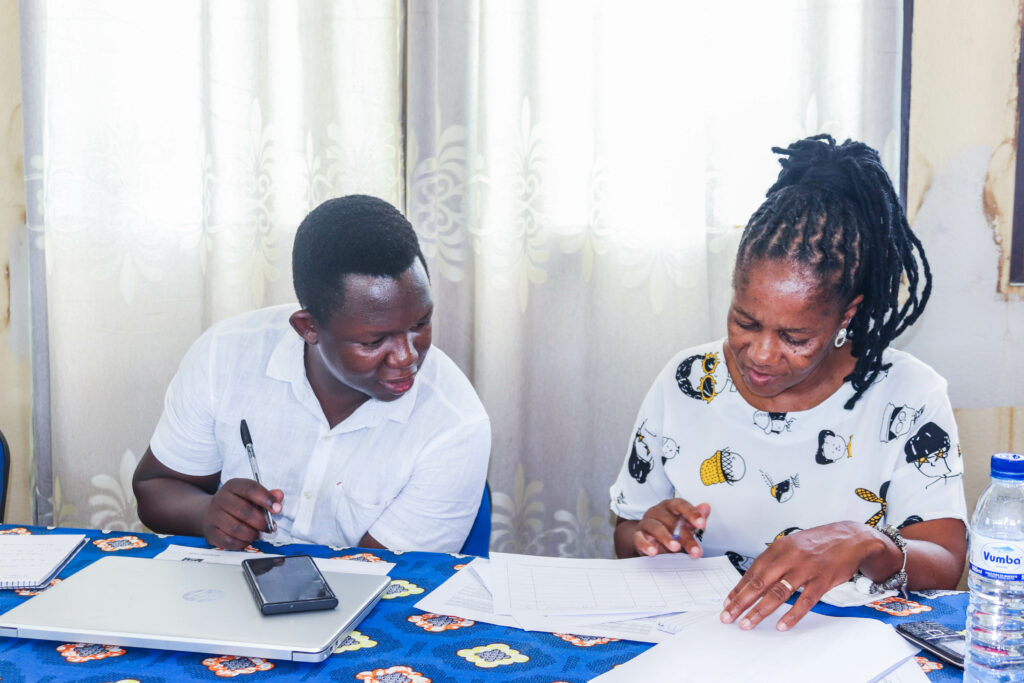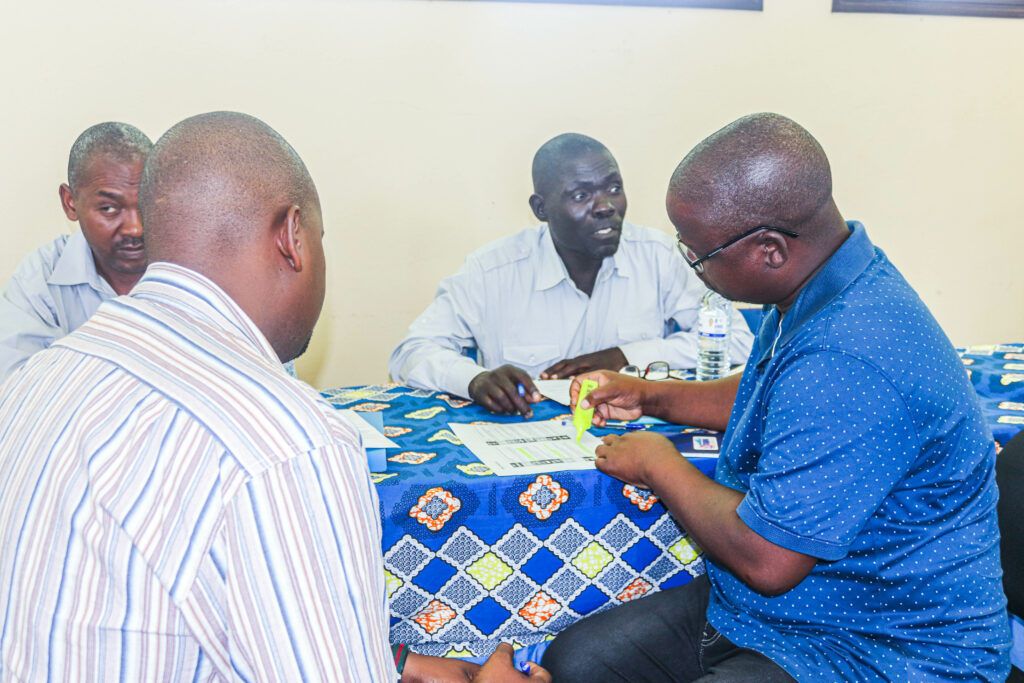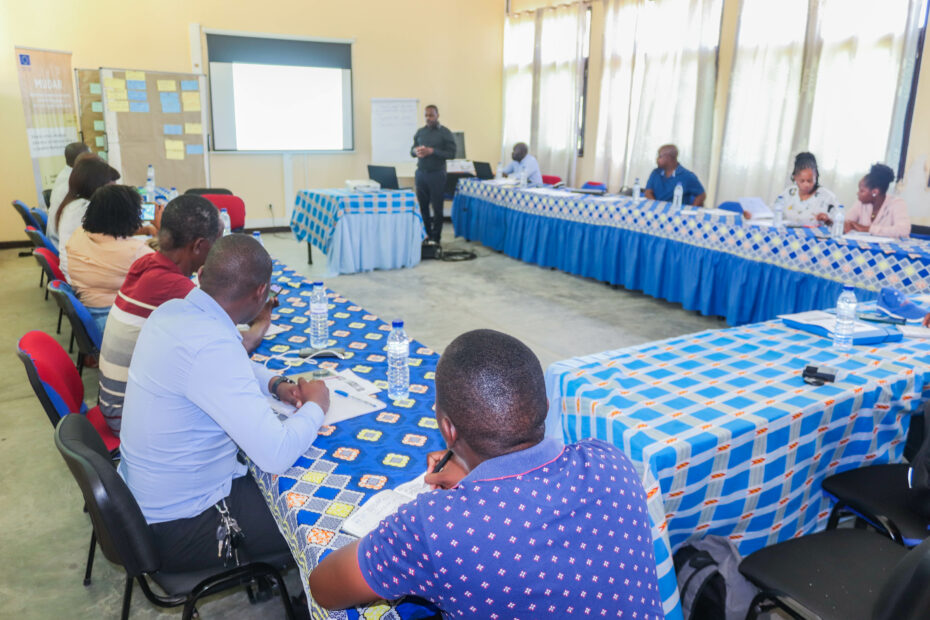Training activities and relations between CCI, IFAPA and the Municipality of Beira continue and grow stronger month after month. In the second half of 2023, two new training cycles deal with skills, tools and methodological approaches to managing projects, programmes and human resources. This course is very important for transforming local development processes into concrete actions through specific public policies.
As part of our multi-actor project, a need arose to share a common language, which also includes tools and methodologies that facilitate more effective communication, improve collaboration and optimise the contribution of this international partnership.
Mozambican local governments face various fiscal, social, political, economic and technological challenges. These challenges affect the effectiveness of local governance and the provision of essential services to citizens. This complexity cannot be managed simply by applying technical standards and management practices, for example in the fields of human resources management, policy and strategy, or institutional reorganisation; these must be accompanied by practical measures to transform the culture and internal environment in order to improve organisational performance and the sustainability of results.
MUDAR training always takes place in two phases: the first, in e-learning mode, is delivered by CCI and is aimed at trainers (training of trainers) from the Beira Public Administration Training Institute (IFAPA); the second involves a reformulation by IFAPA of the content acquired and the structuring of specific face-to-face teaching aimed at aldermen, managers and technicians from the Beira Municipality.
This modality allows for perhaps one of the most critical issues when it comes to adult training: the personalisation of content. Creating training programmes that take into account specific individual and collective objectives encourages greater participation and active learning.
Training of trainers promotes the continuous growth of knowledge and skills and the updating of new teaching methodologies; at the same time, IFAPA’s trainers, who have in-depth knowledge of Mozambique’s socio-cultural and political context, integrate practical examples and relevant case studies, making the training more meaningful and easily applicable to the local reality. This is a strategic investment that leads to more targeted, adaptable and culturally relevant training, thus contributing to an overall improvement in the skills and motivation of Beira’s public administration staff.
Finally, in order to ensure that Beira’s development efforts are effective, inclusive and geared towards the specific needs of its population, understanding and implementing project, programme and human resource management practices are key to achieving the 2030 Agenda’s Sustainable Development Goals at a local level, thus contributing to global sustainable progress.
